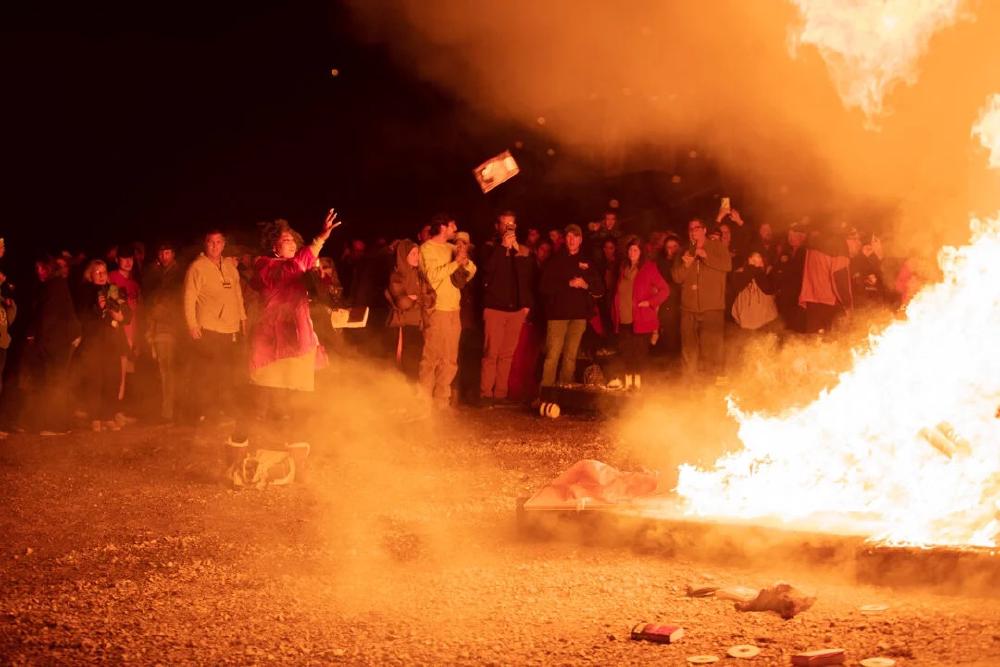Book burnings are bad, actually
It’s been a pretty uneventful last couple of weeks — we’ve been mostly staying home since our weekend in Big Sur, working through a backlog of things that just need to get done and doing some KonMari’ing of the apartment. In spite of being a huge procrastinator, I recognize the inherent satisfaction that comes with burning down a list of things that have piled on over months. Like replacing our flush, which had been defective for weeks: this took less than 30 minutes and now we have a working flush. Sometimes, it’s the small things.
Even though I’m unlikely to actually be on the AIDS/Lifecycle this year, I decided to ramp up my cycling volume by attending the Sunday PosPeds training series. I’ve been on two rides to Tiburon thus far and hoping to be able to keep up with a weekly-ish cadence. The rides and the people have been lovely, I’m happy to see that the pandemic hasn’t made a dent in people’s motivation.

After about a year of sitting on a draft, I’ve finally reworked and published the article about my experience interviewing for a software job back in the second half 2020. It ended up being much too long but I hope it can be a helpful reference for others who go through that process — and if not, it’s a helpful memorialization of what that process was like for me.
On Thursday night, we went to our first Warriors game ever. They played the Knicks and narrowly lost the game — which was an upset. I was afraid the Chase Center would be a bit sterile and soulless but that’s not the case. 5 out of 7, would do again, despite the ticket prices.

A completely different topic which caught my attention over the last couple of weeks: Maus was recently banned in some Tennessee schools, and the state is also where book burnings recently took place. Yes, you read that right: book burnings. I really wonder what people who organize these think of themselves? “Oh, sure, we’re burning books, but you shouldn’t compare us to those other people who burned books in the past—we’re nothing like them. No, you see, this is different because Harry Potter is actually truly worth cremating.”

Fabricating moral panics is a trademark move of conservatives to rally their base, and that’s precisely what they need to do in order to install more people in local governments. Gruber posited that such an action is bound to never meet its goal, because it actually is free publicity for a book that you can purchase today on Amazon.
This stance has a disturbing smell of hubris ("this can’t happen here, this is America") and short-sightedness ("the market will solve this"). Even assuming censorship doesn’t work as intended in practice, why is side-stepping outrage the desirable outcome here? The end goal is not to ban Maus, it’s to dog whistle to other school boards and anyone with a modicum of power that the season is open.
I do appreciate that, back in the 90’s, the Parental Advisory label put on CDs was a decent signal that this was probably good music. But trusting that other mechanisms will naturally correct for censorship policies is lazy, not to speak of the cost to people who can no longer find the books they want in their local library.
Autocrats have, time and again, succeeded at taking away knowledge they deem deviant from their people, including in societies that were previously educated and cultured. Showings of strength and violence work, and the market will happily follow along: all it takes is for the interest of market makers to align with the party responsible for the moral panic.
It shouldn’t be hard for liberals to take a simple moral stance on topics such as censorship and to combat them on such grounds. Book burnings are bad, actually.